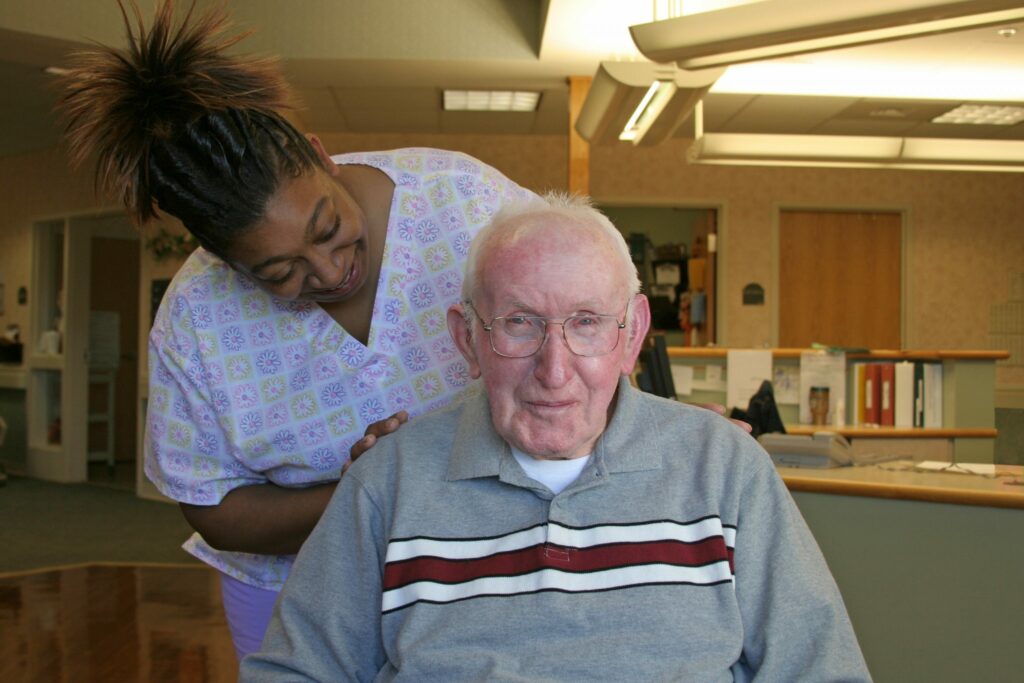Why am I being asked not to visit?

About COVID-19
On March 11th, 2020, the World Health Organization (WHO) declared the COVID-19 (also referred to at the Coronavirus) outbreak a pandemic. The virus is most dangerous for seniors, and people with certain chronic health conditions. The most common symptoms of COVID-19 are fever, tiredness, and dry cough. Some patients may have aches and pains, nasal congestion, runny nose, sore throat or diarrhea. These symptoms are usually mild and begin gradually.
Why are seniors most at risk?
While most people (about 80%) recover from the disease without needing special treatment, about 1 out of every 6 people who gets COVID-19 becomes seriously ill and develops difficulty breathing. Older people, and those with underlying medical problems like high blood pressure, heart problems or diabetes, are more likely to develop serious symptoms, to be hospitalize or to die from COVID-19.
Unfortunately, two long-term care homes have already faced infections.
What can be done to protect B.C.’s most vulnerable?
Given that most residents of long-term care homes are frail older adults, it is critical that British Columbians do whatever they can to avoid infecting seniors, even if they themselves don’t feel sick.
For this reason, on March 16th Minister of Health Adrian Dix and Provincial Health Officer Dr. Bonnie Henry announced that the province is moving to restrict visitors in long-term care homes to essential visits only.
By staying home, you also protect health workers who are supporting residents.
What is an essential visit?
Essential visits refer to compassionate visits for end-of-life care. Visitors who assist with feeding or mobility tasks may be permitted at the discretion of the care home.
My family member lives in assisted living or independent living, what should I do?
While residents in assisted living or independent living may not be considered frail, most are seniors, and many have chronic conditions which are risk factors for experiencing serious COVID-19 symptoms. The best thing you can do for everyone’s health, is to avoid all unnecessary visits, even if you feel healthy.
Remember – this is for now. Not forever.
If you do need to visit, wash your hands frequently, only visit one senior and keep as much space between you as possible. Limit to one visitor.
What can I do to stay connected?
Speak to the staff about the best way to stay in touch during this challenging time. Keep in mind that their responses may be delayed as workers do their best to respond to other inquires, and care for the seniors they support.
Seniors who can use technology may find things like FaceTime helpful.
Not visiting makes me feel anxious, how can I support myself?
As British Columbians experience the effects of this pandemic, many of us will experience strong, or even overwhelming emotions. For caregivers, this can be compounded by pre-existing feelings of stress, grief or guilt. Consider speaking with family and friends about what you are experiencing, or contacting a caregiver helpline.
